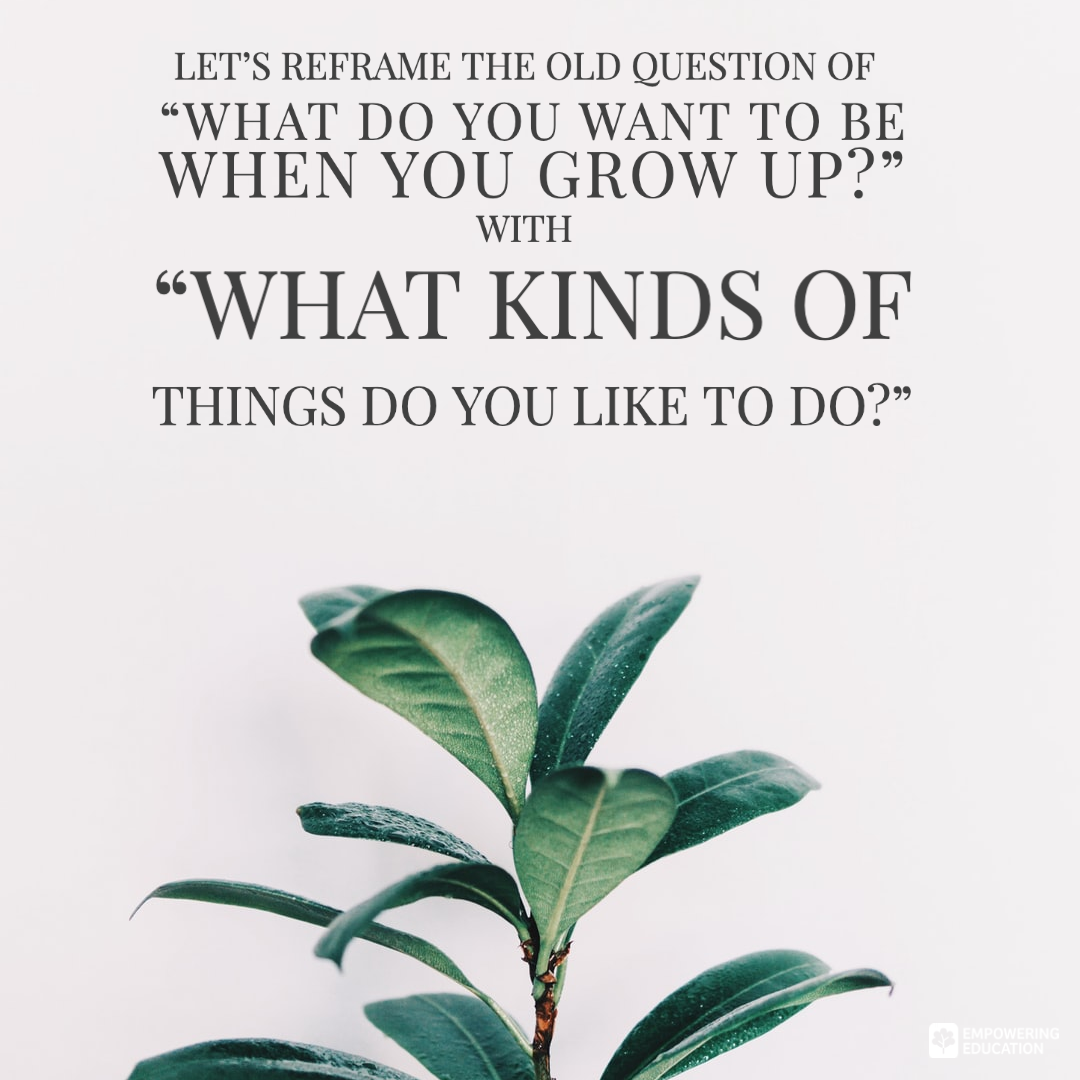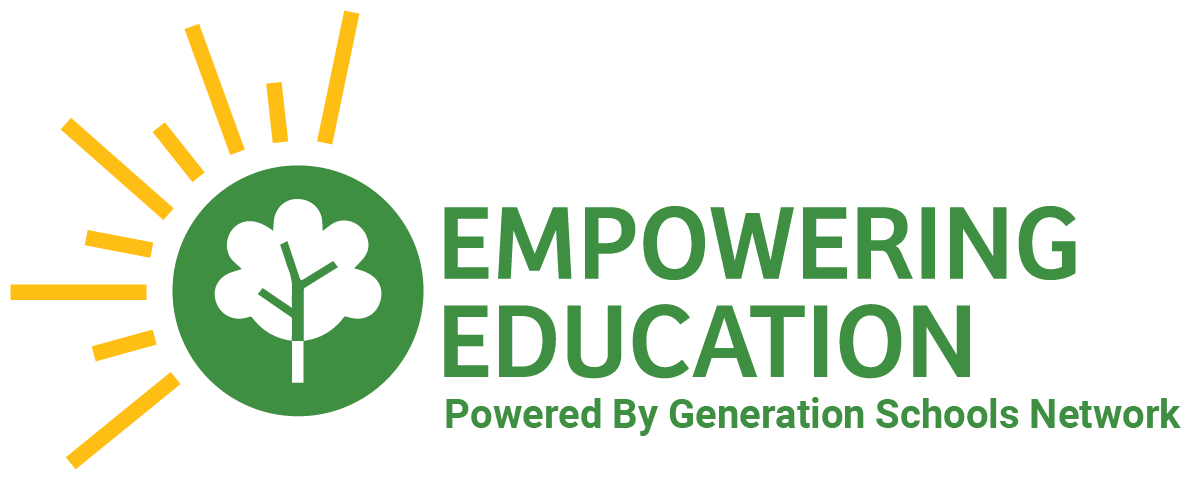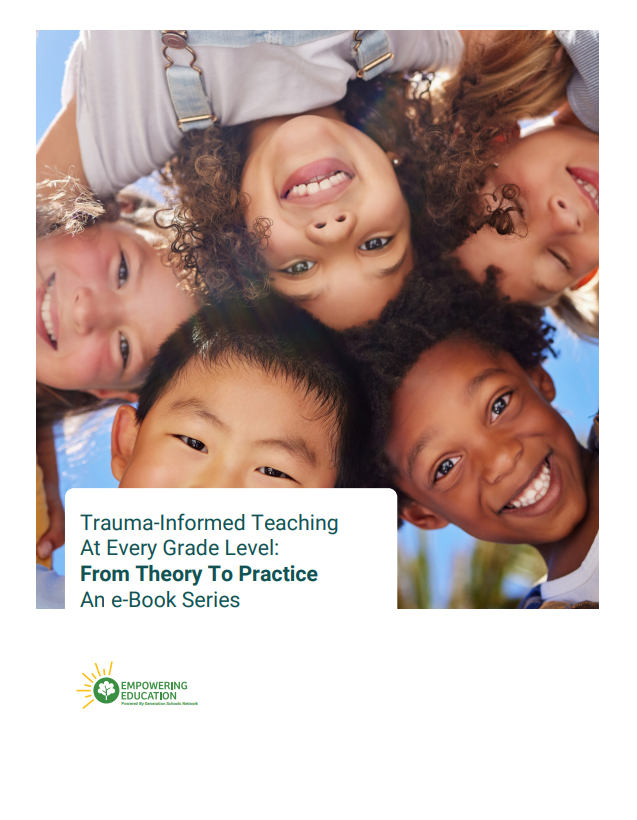Goal-Setting with the Co-Founder of Good Food Jobs
by Dorothy Neagle, Co-Founder of Good Food Jobs
There is evidence that children need to see themselves in something – a job, an achievement, an image of beauty – to believe more fully in their own ability. Goal-setting starts close to home, with the adults in a child’s life - whether they are teachers, caregivers, or family members - and extends outward to social & cultural reinforcements.
Let’s say, for example, that a young person has a dream about something that captures their imagination. Let’s say that this child doesn’t have any real-life examples of that dream, and so it has either gone unspoken, or they never receive positive acknowledgment when it is mentioned. Even if a child doesn’t have concrete examples of their goals, it is important that they are able to name them and be heard by the adults in their world.

In order to achieve their goals, children must have two things: a dream, and the ability to name it. There are many other building blocks and support systems they’ll need along the way, but I want to stay focused on the vision and the naming of it because these aspects of goal-setting are as important later in life as they are in the early years.
I started my career with a vision that my business partner, Taylor, and I shared for what it could look like to make a living doing something we loved. In our friendship, first as Cornell University students, and then as post-graduates in New York City, we named that vision for one another. Eventually, we realized that we could name others’ visions, too. We weren’t the only ones who wanted to find enjoyable jobs where we made a livable wage and a positive impact.
After launching our website, Good Food Jobs, we have continued to look for ways to re-humanize the hiring experience. We recognize that social justice is fundamental to both food culture and environmental sustainability. When we make decisions about our practices, attitudes, and beliefs around food, we are actively supporting or ignoring our fellow humans.
On the side of the job seeker, we work to understand people’s career visions and encourage those that might not align with typical definitions of success. We want people to tap into their values as a starting point for what they want to do with their lives. Even if they haven’t seen an opportunity for it yet, we encourage others to name what they want. This internal goal-setting is the invisible work that we do at GFJ, with the intention of making alternative career paths more attainable. Once people can envision themselves in those dream roles and name what they are, they can eventually embody them.
What does any of this have to do with Social-Emotional Learning? Well, as you may have experienced in the classroom, goals are reached by naming them. Once others see and accept your goals, it becomes possible to achieve them. For young people in today’s world, there are more images and names than ever for what their future career can look like. Here are a few from Good Food Jobs:
- Pizza Apprentice in California
- Chocolate Production Assistant in New York
- Recipe Editor
- Food Access and Equity Manager in Massachusetts
- Yoga and Meditation Instructor for an agricultural nonprofit
- Podcast Audio Engineer for organic farmers
With those examples in mind, let’s start by reframing the question of “Who do you want to be when you grow up?” with “What kinds of things do you like to do?”
Gretchen Rubin, author of The Happiness Project, describes thinking back to her adolescent self to re-connect, in her adulthood, with the things that spurred her creativity and provided the most inspiration and satisfaction. Young children’s ‘play’ can often be a sign of what their inner self is most connected with.
Furthermore, once a young person reaches the workplace, they can learn about what makes a successful team. What does a supportive environment look like and feel like? Yes, it’s about the wages, the benefits, and the quality of leadership, but it’s also about how they continue to learn and grow in that job, in what ways they are supported toward their next career move, and how their day-to-day work makes them feel.
For example, Leah Penniman of Soul Fire Farm, a for-profit agriculture venture and a non-profit educational space, uses diasporic healing rituals such as dance and story circles to connect with and strengthen the community of people they work with. And Abiodun Henderson, founder of Gangstas to Growers, a social enterprise designed to empower at-risk and formerly incarcerated youth through agriculture, employment, and entrepreneurship, starts a day of work with her trainees with yoga, meditation, or reflection on the previous day.
Goal-setting starts in childhood, but it doesn’t stop there. We can raise young people to seek social-emotional learning and growth throughout their lives, and to use their jobs as a source of education and healing.


